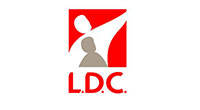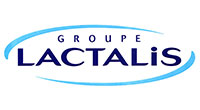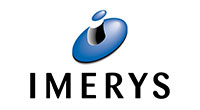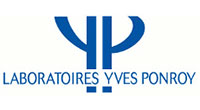
PLM projects range from a very basic set of core features in order to begin a digitalization process, to a comprehensive and holistic new product development solution sustainably changing your whole product design chain. Every organization nurtures their own ambitions and every one should seek the solution answering their needs. Run away from “one-size-fits-all” solutions and “one-method-fits-all” project management practices. As most of your PLM solution’s success dwells in the proper execution of its implementation.
1. A PLM implementation project requires commitment and focus
You can’t expect to rely the whole project on your supplier’s Project Manager. A PLM solution will affect your daily product development operations ; your teams need to get involved in this project and make it theirs. You will need to define a Project Sponsor / Manager on your side who will synchronize the other key actors, such as Subject Matter Experts (S.M.E.s) and test users. Iterations and feedback loops are a great part of any PLM project and you must have a resource able to lead this internally and engage concerned teams.
On an other hand, we acknowledge that PLM technology’s concepts can seem overwhelming. You are definitely right to want to take the time to understand them and make them yours before moving on to a next step. What are the implications of choosing a cloud or on-premise PLM solution? How does the PLM structures my data? How phasing my project over more than a year can be beneficial to me? How can a PLM solution help us better structure our NPD activity? Etc.
However, we advise you do not waste time and energy focusing on “one-in-a-million” cases or noncritical elements such as icons, colors, police fonts, menu labels, etc. Notify your comments and concerns along the demonstrations and implementation process as they should be taken into account, but give your main attention to experience and operational considerations.
Holding a mid-conception committee with a comprehensive demonstration of what has been tackled through the different workshops is a great asset. We call workshops the working sessions shared by the customer and supplier in order to progressively refine the needs and test the designed solution. This ensures you and your supplier are still aligned on your expectations and results and allows for users to express concerns and consolidate their training. This is a great way to nurture internal commitment.
2. A PLM implementation project requires long term vision and change management
As we said in the introduction, the PLM technology covers a wide span of operational NPD activities. We have made clear now that every company has their own needs. Thus, even if you go for a low-tier offer (which is perfectly fine) a PLM project must be thoroughly conducted and monitored to bring a valuable ROI. Commitment and rigor from both parties are essential to any PLM project.
Even the smallest scope possible, Lascom Lime Cloud’s “Core” module, which consists in the specification and document management engine, will bring substantial changes to your teams’ routines. You will have to make them understand there are better ways to do things, that the new solution will require training but will ultimately be as easier to use, that hopping on a central and collaborative environment won’t jeopardize anyone’s responsibilities, and so on.
Properly identifying the project sponsor(s), planning the internal engagement strategy, accompanying everyone through the change process, etc. will be critical to gain user acceptance. No matter how powerful and adequate the solution you implement maybe if it is ultimately not used, there is not point. Change management concerns need to be discussed as soon as you start your supplier selection process. It is obviously too soon to settle details and dates at this point, but you should be aware of how your supplier intends to support you and encourage your teams in change acceptance. How many workshops or training sessions are they planning? What deliverables would be useful for your teams? How should you phase the project to favor progressive engagement? Etc.
Still doubting that Lascom from Aptean is the right partner for a PLM implementation project? Download our F.A.Q., directly inspired from customer projects!































